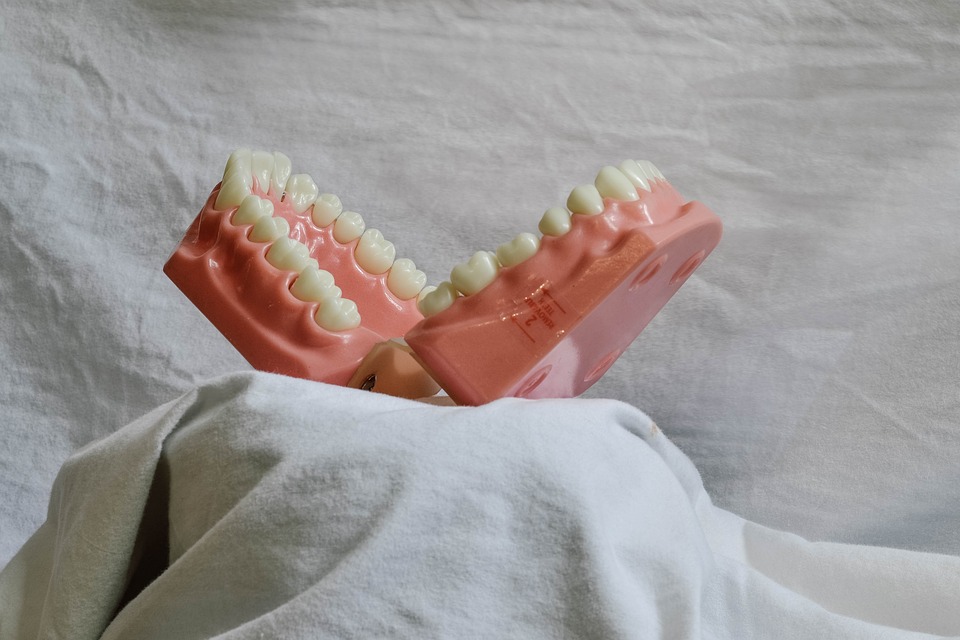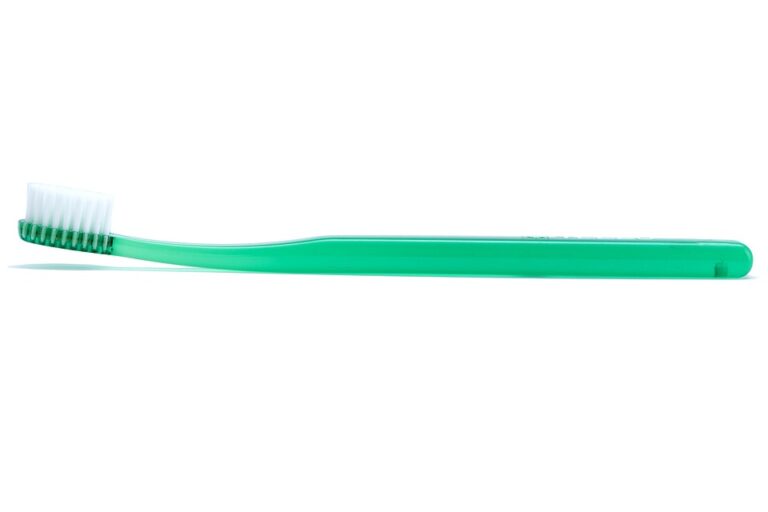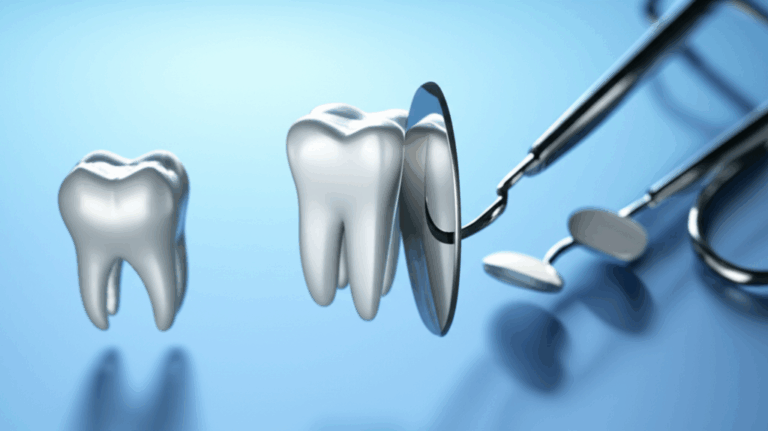
Does Fosamax Cause Dental Problems? A Simple Look at Mouth Health Risks
Are you worried about how Fosamax might hurt your teeth and gums? You’re not alone—I’ve had the same concerns, reading bottle labels and trying to balance strong bones with keeping my mouth healthy. After years of digging for information, talking with my dentist, and taking Fosamax myself, I want to share what I’ve learned about using this medicine and keeping your smile safe.
Table of Contents
- What Is Fosamax (Alendronate) and How Does It Affect Bones?
- The Main Dental Worry: Osteonecrosis of the Jaw (ONJ)
- What Are the Signs of ONJ?
- What Makes ONJ More Likely If You Take Fosamax?
- Other Possible Mouth Side Effects
- Getting Dental Work While on Fosamax
- How to Prevent and Watch for Problems
- When to Get Help from a Dentist or Doctor
- Conclusion: Looking at the Risks and Staying Prepared
What Is Fosamax (Alendronate) and How Does It Affect Bones?
When my doctor first told me to start Fosamax, I just wanted to not break any bones. Fosamax, or alendronate, is a common drug for treating or stopping osteoporosis (bone loss). It works by making bones thicker as time goes by. Here’s the basics:
Alendronate is a type of drug called bisphosphonates. These drugs slow down how fast your bones break down—normally, your body takes apart old bone even as it makes new bone. Fosamax stops certain cells (osteoclasts) that “chew up” bone. So, you lose less bone and your bones should get stronger. This is good for your back and hips, but as I found out, there are some things to think about for your mouth too.
The Main Dental Worry: Osteonecrosis of the Jaw (ONJ)
Let’s get to the biggest thing people worry about. The main dental problem with Fosamax is a rare but serious problem called osteonecrosis of the jaw, or ONJ. I’d never heard of ONJ until my dentist brought it up.
What Is ONJ?
ONJ is just a fancy way to say part of your jawbone dies and doesn’t heal. This happens when some jawbone is showing in your mouth and it won’t heal for at least eight weeks. It usually starts after something like a tooth removal. Imagine getting a tooth pulled and weeks later, the hole just won’t close up—that’s ONJ.
How does Fosamax cause ONJ? Well, bisphosphonates make bone healing slower all over the body, including your jaw. If you have dental work like an extraction, your bone might not heal up quick because Fosamax slows the repair.
But here’s some good news: ONJ is actually really rare for people just taking Fosamax pills for osteoporosis—about 0.01% to 0.1% according to big studies. The chance to get ONJ is much bigger for folks getting these drugs by IV for cancer.
What Are the Signs of ONJ?
When I started Fosamax, my dentist taught me what to look for. Here are the main things to notice:
- Pain in your jaw or swelling that sticks around
- Numbness, tingling, or a “heavy” feeling in your jaw
- Jawbone you can see in your mouth (it might look white or dark)
- Loose teeth or gums that just won’t heal up
- Infections in your gums, sometimes with pus or bad breath
- Sores in your mouth after dental work that don’t close up
I started checking my mouth after every dentist visit, just to be sure. I haven’t had ONJ (knock on wood), but a friend of mine did, and catching it early helped her a lot.
What Makes ONJ More Likely If You Take Fosamax?
People always ask, “Could this happen to me?” Some things make ONJ more likely. Here’s what I learned from my doctors and looking things up:
- Taking Fosamax for a long time: More than 3 to 5 years raises your risk.
- Type of dental work: Things like tooth pulling, implants, and jaw surgery are the usual triggers.
- How healthy your mouth is: Cavities, gum disease, or not brushing/flossing well all make ONJ more likely.
- Other health problems: Cancer, diabetes, using steroids or chemo drugs, or any past head/neck radiation all raise the risk.
- Kind of bisphosphonate drug: IV forms for cancer are much riskier than pills like Fosamax for osteoporosis.
I always tell both my dentist and doctor everything about my health—it really matters.
Other Possible Mouth Side Effects
What about other mouth problems? When I started looking into this, I heard a lot of things from people that just aren’t true. Some think Fosamax makes your teeth rot or gives you cavities. Here’s what I really found out:
- Slow healing: Sometimes, your gums and mouth don’t heal as fast after dental work like an extraction.
- Gum problems: Gum swelling and gum disease can get worse if your daily cleaning isn’t good. But Fosamax alone doesn’t start gum disease—you just have to be more careful.
- Dry mouth: I sometimes get a dry mouth. It’s not the main side effect, but if you do get dry mouth, you can get more cavities if you don’t fix it.
Except for ONJ, these problems are usually pretty small if you stay on top of brushing and flossing. But if you see anything new, tell your dentist.
Getting Dental Work While on Fosamax
I’ve learned a lot about doing dental work while taking Fosamax. It can feel stressful, but it doesn’t have to be. The biggest thing: talk to your dentist and doctor!
Always Tell Your Dentist
Right when I get in the dental chair, I say, “I’m on Fosamax for my bones.” Sometimes I write down all my meds for them. Dentists need this information so they can make a safe plan.
Keep Your Mouth Clean
Brush morning and night. Floss before bed, even if you’re tired. I use mouthwash and sometimes a water flosser for extra cleaning. Good cleaning means you’ll need fewer big dental fixes.
Before Big Dental Work
If you ever need a tooth pulled or an implant, your dentist and doctor will talk about the best way to do it. Sometimes, they might ask you to take a break (“drug holiday”) from the Fosamax before the work. But, honestly, no one knows for sure if this really helps. If you’re at higher risk, they might try it.
The most useful thing for me: ask questions. “Is there a different way to do this?” “Should my doctor and dentist talk?” A good dentist won’t mind!
Cleanings and Fillings
Getting your teeth cleaned, fillings fixed, or even a root canal is still safe. Don’t skip your dentist just because you’re scared! People who avoid the dentist often end up needing bigger, riskier work later. Keep your check-ups.
If you need something like a crown or denture, make sure your dentist and doctor both know. Some labs (like a crown and bridge lab) make things that can help you avoid tricky dental surgery.
How to Prevent and Watch for Problems
If you take Fosamax, keeping problems away is super important. Here’s what works for me—and what my dentist and doctor always remind me:
What You Can Do
- Brush teeth in the morning and before bed with fluoride toothpaste.
- Floss every day, no matter what.
- Use mouth rinse, if your dentist says it’s a good idea.
- Get dental check-ups every six months or sooner.
- Tell your dentist right away about any pain, swelling, or changes.
- Make sure every new dentist or oral surgeon knows you take Fosamax. I keep it in my phone in case I forget!
What the Dentist Does
My dentist checks my mouth really well and asks about my health every year. She avoids big and risky work if she can. If I ever need something major, she plans ahead and gets extra x-rays just to be sure.
Dentists for people on bisphosphonates talk to your doctor and often pick simple, safe treatments if your risk is higher.
What the Doctor Does
Your doctor will look at your bone risks and your mouth risks together. If you need a big dental job, they might say to stop Fosamax for a bit, but, like I said before, it doesn’t always help. They’ll also check your Osteoporosis medicine every few years, especially after five years.
You’re in charge of your health, but your doctor and dentist are important helpers—keep everyone talking.
Want to learn more about mouth problems in general? Here’s a good guide about dental diseases I liked while researching.
When to Get Help from a Dentist or Doctor
For any medicine, my rule is: if something feels wrong, ask someone. With Fosamax, these are my “red flag” signs:
- Jaw pain that won’t go away
- Numb or tingly jaw/mouth
- Swelling in your face or mouth (especially if it gets worse)
- Bone that’s showing in your mouth, or a sore that isn’t better in a week or two
- Pus, bad-smelling breath, or things that look like infection after dental work
If you see any of these, call your dentist right away and remind them you’re on Fosamax. Make an appointment soon, especially if you see bone or have a lot of pain. Acting early is a big help.
Conclusion: Looking at the Risks and Staying Prepared
Here’s what I think after years of using Fosamax: jaw bone problems are real, but really rare for most people just taking the medicine for osteoporosis. Strong bones and fewer breaks usually matter more than this small risk. But being watchful, and knowing what to look for, is super important.
I talk to my doctor and dentist often. Good brushing and seeing my dentist every six months is the best way I know to stay safe. For any big dental job, I just ask: “Should my doctor and dentist work on this together?” Most dentists are happy to make the call to your doctor.
If you’re about to start on Fosamax, or you’re thinking about big mouth fixes like implants, check out how an implant dental lab can help your dentist with tricky cases.
Remember, the more you know, the better you feel. If you’re ever unsure, ask! It only makes you stronger.
And, no matter what medicine you take, choose regular dental care. You’ll cut your risks and feel better, too. Want general tips on healthy teeth? This teeth health page has lots of easy advice.
Keep learning, take charge, and don’t let worry stop you from looking after your bones and your teeth. From what I’ve seen, you really can have both.








